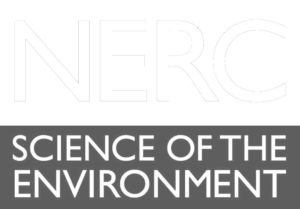Impact
GSMP research teams engage actively with regulatory authorities and policy makers to communicate new science that can be used to improve shark conservation.
For example, early GSMP results quantifying overlap of North Atlantic sharks with longline fishing vessel hotspots (Queiroz et al. 2016 PNAS) were presented to the International Commission for the Conservation of Atlantic Tunas (ICCAT), the regional fisheries management organization (RFMO) that is responsible for managing sharks in Atlantic High Seas (areas beyond national jurisdictions; ABNJ). The results give new insights into the spatial intensity and temporal persistence of fishing effort occurring in habitats occupied by blue, shortfin mako and tiger sharks. GSMP project members contributed to the report of the 2017 North Atlantic shortfin mako stock assessment which concluded that North Atlantic shortfin mako were ‘overfished and undergoing overfishing’. In November 2017 the report resulted in ICCAT recommending fishing vessels in the Atlantic release shortfin makos caught alive, theoretically leading to a 50% reduction in catches (see Sims et al. 2018 Science).
Several outcomes of GSMP team research were also included in a Trends in Ecology and Evolution review (“Translating marine animal tracking data into conservation policy and management”).





